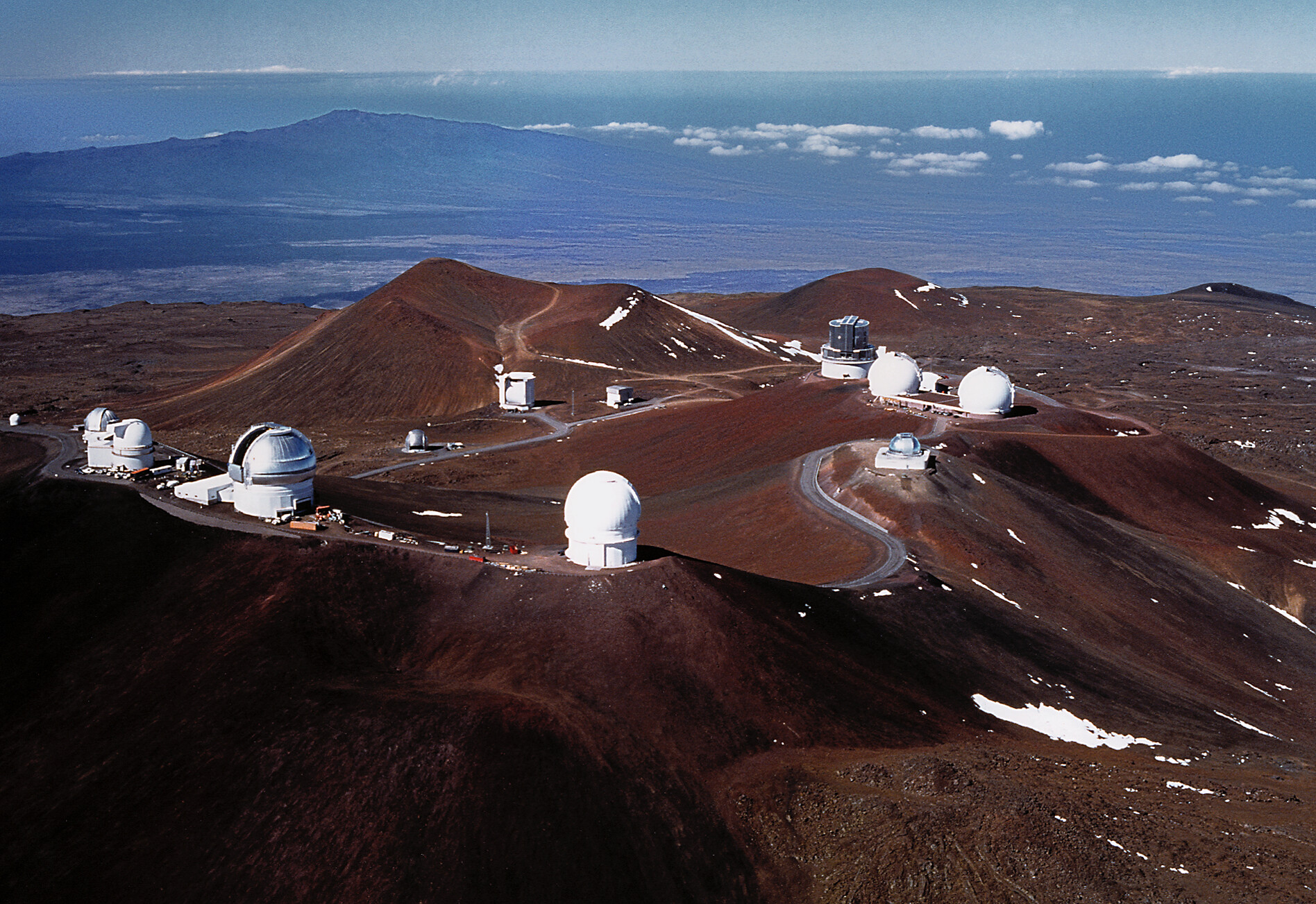NECC 2008 – Other notes from the ISTE Digital Equity Summit
Sign up for the Smarter Faster newsletter
A weekly newsletter featuring the biggest ideas from the smartest people
Here are the rest of my notes from ISTE’s annual digital equity summit at NECC…
Discussions
Expert panel
Lara Sujo de Montes, New Mexico State University
David Thornburg, Thornburg Center
Ashanti Jefferson, Chicago Public Schools
Al Byers, National Science Teachers Association
Discussion
Sign up for the Smarter Faster newsletter
A weekly newsletter featuring the biggest ideas from the smartest people




